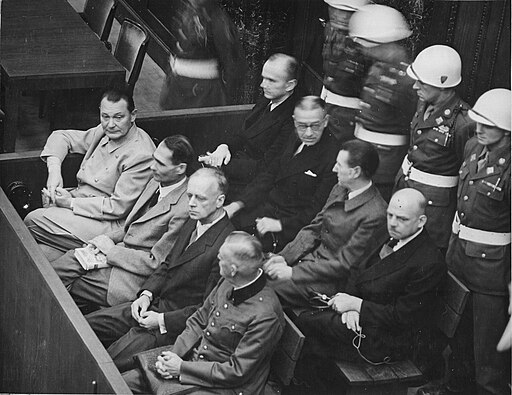![]()
“We didn’t ‘spy’ on anyone’s campaign,” writes former FBI director James Comey in a recent Washington Post op-ed.
“We asked a federal judge for permission to surveil” former Donald Trump campaign adviser Carter Page, but that’s not “spying.”
Before that (unmentioned in the op-ed), we infiltrated an informant into the campaign to gather information on its operations, but that’s not “spying.”
What a strange allergic reaction from Comey, and others associated with US intelligence and counterintelligence operations, to US Attorney General William Barr’s simple statement before the US Senate: “Spying on a campaign is a big deal … I think spying did occur. The question is whether it was adequately predicated.”
Comey insists that the spying was indeed “adequately predicated,” and that for some reason this makes it not spying.
It was spying.
You know, the same activity for which 98-year-old Patricia Warner, who infiltrated Nazi circles in Spain during World War Two, just received the Congressional Gold Medal.
The same activity for which dozens of CIA assets have received the Intelligence Star medal, and for which 113 of them have their names inscribed on that agency’s “Memorial Wall.”
The same activity on which the US government spends untold billions per year, assuring us that it is not just good and moral and justifiable, but absolutely necessary to the defense of the United States.
Comey’s trying to have it both ways here.
On one hand, he justifies the spying based on claims that “Russia engaged in a massive effort to interfere in the 2016 presidential election,” and that “we learned that one of Trump’s foreign policy advisers knew about the Russian effort seven weeks before we did.”
He defends the cloak-and dagger approach of the FBI’s espionage (“the practice of spying or using spies”) operation on the Trump campaign, saying that “if there was nothing to it, we didn’t want to smear Americans. If there was something to it, we didn’t want to let corrupt Americans know we were onto them. So, we kept it secret.”
On the other hand, he claims it wasn’t “spying” because … well, just because. “Non-fringe” media, he says doesn’t spend much time on this “conspiracy theory” because it’s just so wacky.
Comey’s sophistry doesn’t even rise to the level of Nixon Logic: “When the president does it, that means that it is not illegal.” His formulation is “if the FBI did it for a good reason, that means the FBI didn’t do it.”
The important question here is not whether the FBI spied on the Trump campaign. It did. Period.
The important question is why Comey doesn’t want to discuss, or even acknowledge, that fact.
The answer to that question is that discussing and acknowledging the irrefutable fact that the FBI spied on the Trump campaign leads into other discussions he finds even less desirable, such as whether the spying was legal — “adequately predicated” — and whether it was politically motivated (in a word, an attempted “coup”).
Why doesn’t Comey want those discussions? That question pretty much answers itself.
Thomas L. Knapp (Twitter: @thomaslknapp) is director and senior news analyst at the William Lloyd Garrison Center for Libertarian Advocacy Journalism (thegarrisoncenter.org). He lives and works in north central Florida.
PUBLICATION/CITATION HISTORY
- “‘Spying’: Comey Doth Protest Too Much,” by Thomas L. Knapp, OpEdNews, 05/29/19
- “‘Spying’: Comey Doth Protest Too Much,” by Thomas L. Knapp, Antiwar.com, 05/30/19
- “‘Spying’ | Comey Doth Protest Too Much,” by Thomas L. Knapp, Ventura County, California Citizens Journal, 06/01/19
- “‘Spying’: : Comey Doth Protest Too Much,” by Thomas L. Knapp, CounterPunch, 06/03/19
- “Regarding ‘spying,’ former director Comey doth protest too much,” by Thomas L. Knapp, Claremont, New Hampshire Eagle Times, 06/05/19


